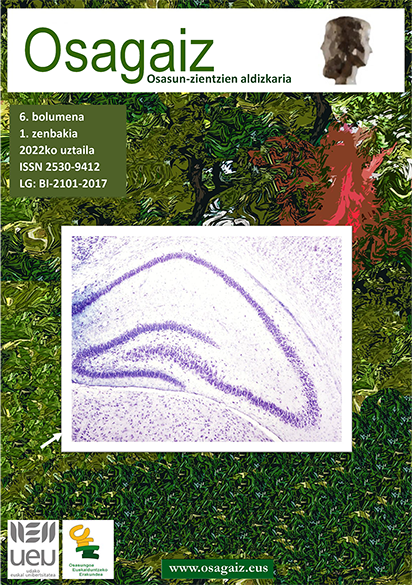Abstract
Background:
Scientific evidence shows that the study and intervention of aphasia need to take into account the bilingual character of the individual, among other things, because a) the signs and severity of aphasia may be different in each language, and b) because the therapy treatment conducted in a single language has a limited impact in the untreated language, and only occurs under certain conditions.
Methods:
In this work, we aim to compare the scientific evidence and clinical practice in the assessment and treatment of bilingual speakers with aphasia. To do so, we have used a questionnaire to conduct a qualitative analysis of the clinical practices of the professionals of the Rehabilitation Service of the Donostia University Hospital concerning bilingual speakers with aphasia.
Results:
According to the information provided by the professionals, the assessment and treatment of bilingual aphasia are performed in a single language. The criteria followed in the language selection vary widely among professionals and, in general, do not guarantee and warrant the possible transfer of the treatment between languages. A large majority of physicians, unlike speech therapists, consider that the clinical care of aphasia is poorer in bilingual than in monolingual speakers.
Conclusion:
The information provided by rehabilitation service professionals suggests that scientific evidence on aphasia and bilingualism has not yet been properly integrated into clinical practice. Among the aspects pointed out by the professionals for improving clinical care, we highlight the need to adapt linguistic competence to job positions, the availability of tests adapted to the Basque language, and the need for research and development.
With the current scientific evidence, the assessment and treatment of bilingual aphasia in a single-language has no clinical or ethical justification. Clinical care for bilingual speakers with aphasia should be guaranteed in all languages spoken by the patient to ensure the greatest cognitive and functional recovery, and to avoid potential negative effects of single-language intervention.

